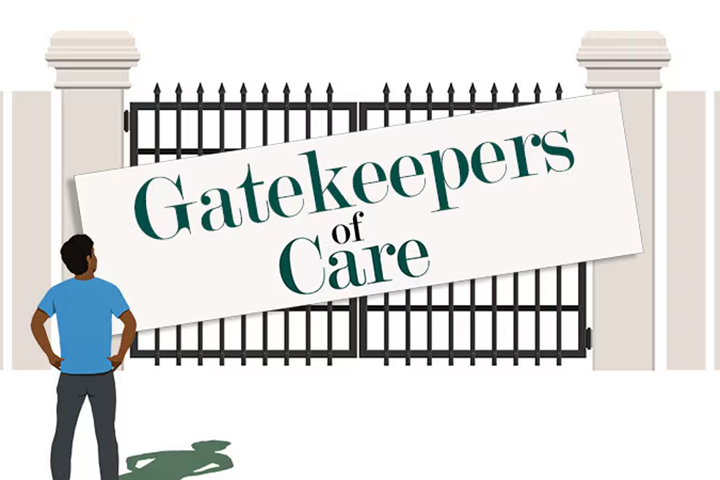News | Kaiser Family Foundation
KFF Health Tracking Poll: Prior Authorizations Rank as Public Authorizations Biggest Burden When Getting Health Care
A new KFF analysis found that health insurance is the biggest problem for insured adults and found that prior authorizations – or the process of having to get insurance approval before accessing certain tests, treatments, or medications – are having an outsized impact on insured adults. In fact, seven in ten insured adults find the prior authorization process burdensome.






